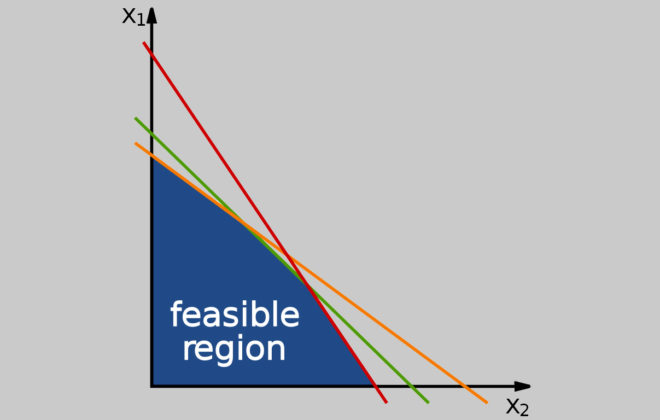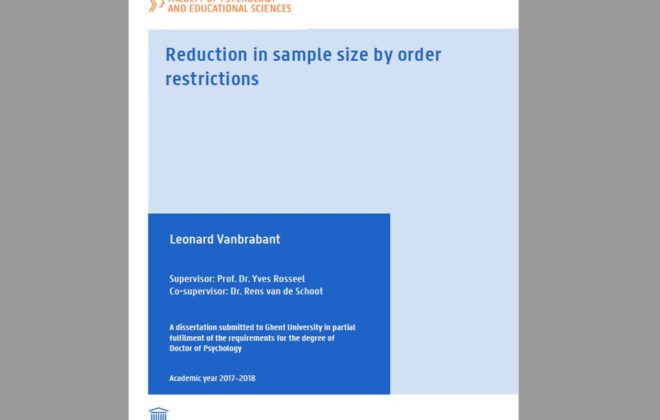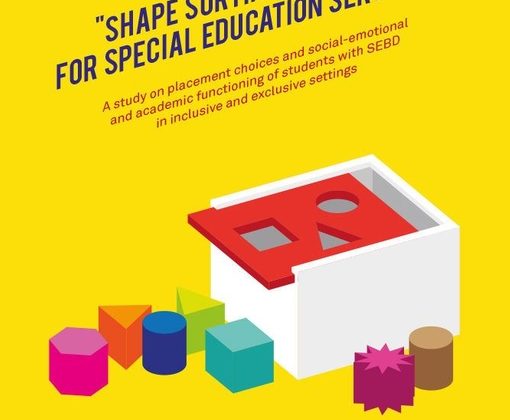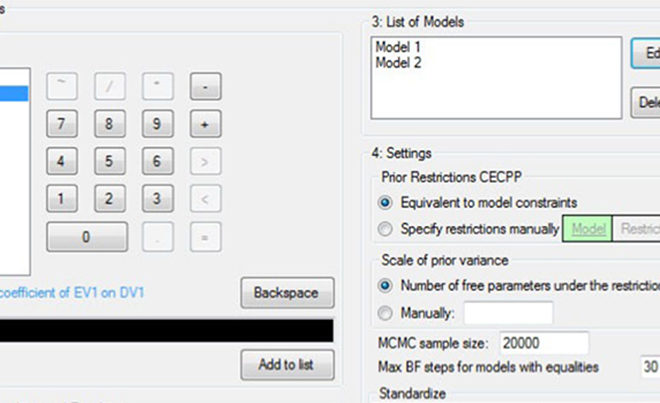Beyond Null Hypthesis Testing
Many researchers have no particular interest in a null hypothesis assuming that “nothing is going on”, so why test it at all? Evaluating specific, directional expectations produces more insightful results than sequentially testing traditional null hypotheses against catch-all rivals.
I believe that scholars are more often interested in the evaluation of informative hypotheses because they understand that the traditional null hypothesis is an unrealistic hypothesis. This presupposes that prior knowledge often is available: if this is not the case, testing the traditional null hypothesis is appropriate. In most applied articles prior knowledge is indeed available in the form of specific expectations about the ordering of statistical parameters. Such expectations about the ordering of parameters can stem from previous studies, a literature review or academic debate.
Different procedures are developed in a range of sources that allow for the evaluation of informative hypotheses. I have added to the literature by publishing technical papers, software, and applications for three types of approaches: (1) hypothesis testing approaches, (2) model selection approaches, and (3) Bayes Factors. For a complete overview of all possibilities go to website on informative hypotheses.
Below, a brief overview of the papers are included that I have contributed to the field of developing alternatives for null hypothesis testing. Criticisms of classical null hypothesis testing aside, the best argument for evaluating informative hypotheses is probably that scholars want to evaluate their expectations directly, rather than through comparison with a non-sensible null hypothesis. So far, they were unable to do so because statistical tools were not yet available. As this project illustrates, these tools are now ready to be applied by any social science scholar.
Ongoing
PhD student Leonard Vanbrabant, is working on a dissertation about constrained statistical inference. Together with Yves Rosseel, we are developing the R-packages “Restriktor” and “XXXX”.
Completed
I obtained my PhD on the topic of applying Bayesian statistics to real life data. In this dissertation I argued how subjective beliefs influence analyses in non-transparent ways and how they could be incorporated explicitly. Informative hypotheses produce more insightful results than sequentially testing traditional null hypotheses against catch-all rivals. This is illustrated in the introduction chapter with an imaginary example of Aristotle’s investigations about the shape of the Earth. Then, I took a more philosophical approach with two chapters on why one should evaluate informative hypotheses in the first place. Then, I adopted a statistical perspective focusing on the evaluation of informative hypotheses with some new tools. Finally, two applications in the field of developmental psychology are included for which the research question is evaluated using informative hypotheses.
The topic of my PhD project is sample-size reduction by order constraints. Many researchers are familiar with the power gain in the context of the one-sided t-test.




























